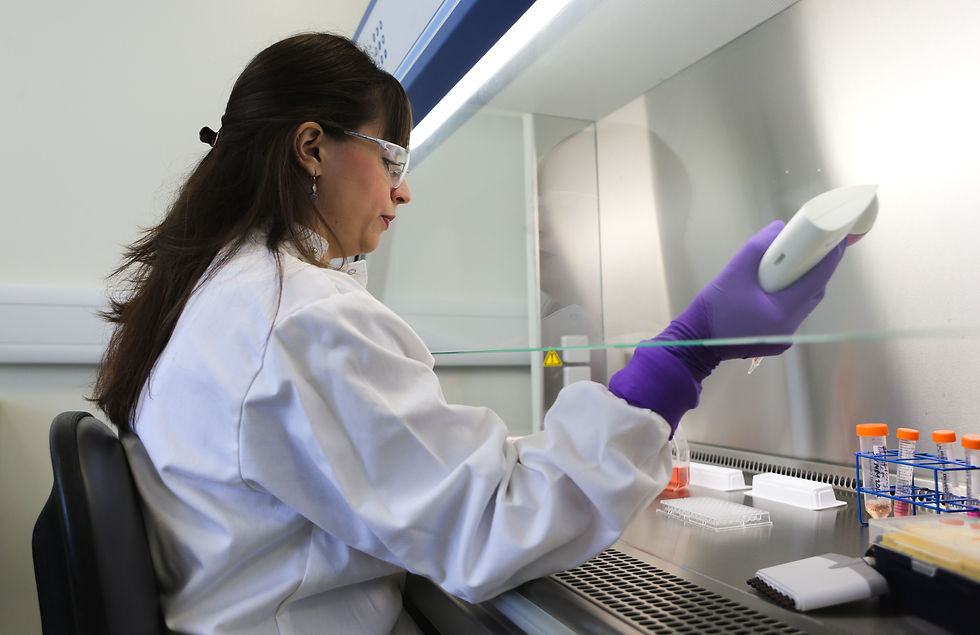Who life science entrepreneurs are
Approximately 70% of those who join the accelerator programme come from an academic background. They have already developed the science or technology but are unsure about its commercial application.
As well as academics, the programme also attracts people from a clinical background who have observed a problem with current healthcare practice that they want to solve.

Why they become entrepreneurs
Innovation is not all about commercial success. Although it is important, most of the companies we work with are driven by a passion for doing good. Lots of people want to improve the lives of patients suffering from life-changing conditions.
We are very conscious of this throughout the journey they take with us as clinicians and academics alike are searching for a scalable, repeatable and profitable business model.
What entrepreneurs need to know
Many people come to us with a 15-page business plan which is usually full of assumptions. We teach them to take a step back and to test those assumptions by designing experiments and quickly gathering evidence to refine their thinking.
To do this, they must answer two fundamental and seemingly simple questions “Who is my customer?” and “What is their problem?”
The best way to do this is to go out and talk to them.
We normally tell people to talk to 100 different customers during the Accelerator Programme; it’s a real challenge but one that always produces new insights and perspectives that help the teams move forward.
The number one reason for start-up failure is building a product that no one wants.
We help people to connect the problem to the solution by creating and validating a core value proposition. Understanding product-market fit is critical.
The process can be tough. A team may discover that only one small part of a solution they have spent years developing, is needed. Our role is to be objective about how commercially attractive the idea is and coach entrepreneurs to have the same mindset and approach. This often produces remarkable results.
New opportunities for start-ups
The role start-ups are playing in healthcare is changing. Traditionally, much of the innovation has come from slow moving big pharma, medical device manufacturers and big biotech companies who are unable to keep pace with societal and technological changes. They are restricted in terms of innovation. Established business models may not allow for the level of risk required for a step change in approach.
In contrast, small companies can innovate at speed and have greater focus.
Digital health is on the rise. As more medical devices are connected to software and sensors, how healthcare can be delivered is changing.
Supported by technology, increasingly, people will remain in their homes to mitigate the risk of infections during long hospital stays. But to support an ageing population and lack of capacity in traditional care settings; significant changes in the way we care for people needs to happen.
Technology which allows patients to be monitored in non-hospital settings is better for the healthcare provider and better for the patient. Current telecare technology, however, was developed decades ago and is still based on analogue phone lines. Given the advances in sensor, mobile and digital technologies in the last decade, it’s an area ripe for disruption.
I encourage anyone interested in commercialising a scientific discovery or venture development to give it a go.
BioCity run three-day pre-accelerator workshops, mentorship and masterclasses in addition to the BioCity Accelerator Programme.

.png)
Comments